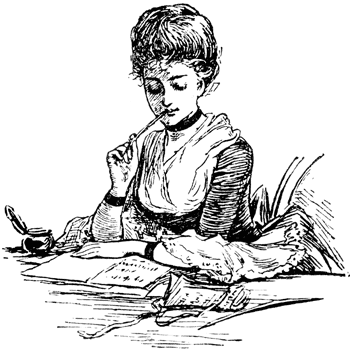Psychology Today recently published an article by creativity expert Michael Michalko entitled, “12 Things You Weren’t Taught in School About Creative Thinking.” If you’ve ever struggled with perfectionism, if you’ve ever been discouraged by negative feedback, or suffered from creative blocks—this list serves up some gentle remedies and alternative perspectives.
My two favorites:
8. Trust your instincts. Don’t allow yourself to get discouraged. Albert Einstein was expelled from school because his attitude had a negative effect on serious students; he failed his university entrance exam and had to attend a trade school for one year before finally being admitted; and was the only one in his graduating class who did not get a teaching position because no professor would recommend him. One professor said Einstein was “the laziest dog” the university ever had. Beethoven’s parents were told he was too stupid to be a music composer. Charles Darwin’s colleagues called him a fool and what he was doing “fool’s experiments” when he worked on his theory of biological evolution. Walt Disney was fired from his first job on a newspaper because “he lacked imagination.” Thomas Edison had only two years of formal schooling, was totally deaf in one ear and was hard of hearing in the other, was fired from his first job as a newsboy and later fired from his job as a telegrapher; and still he became the most famous inventor in the history of the U.S.
10. You do not see things as they are; you see them as you are. Interpret your own experiences. All experiences are neutral. They have no meaning. You give them meaning by the way you choose to interpret them. If you are a priest, you see evidence of God everywhere. If you are an atheist, you see the absence of God everywhere. IBM observed that no one in the world had a personal computer. IBM interpreted this to mean there was no market. College dropouts, Bill Gates and Steve Jobs, looked at the same absence of personal computers and saw a massive opportunity. Once Thomas Edison was approached by an assistant while working on the filament for the light bulb. The assistant asked Edison why he didn’t give up. “After all,” he said, “you have failed 5000 times.” Edison looked at him and told him that he didn’t understand what the assistant meant by failure, because, Edison said, “I have discovered 5000 things that don’t work.” You construct your own reality by how you choose to interpret your experiences.
Read the other 10 things you weren’t taught in school about creative thinking.


